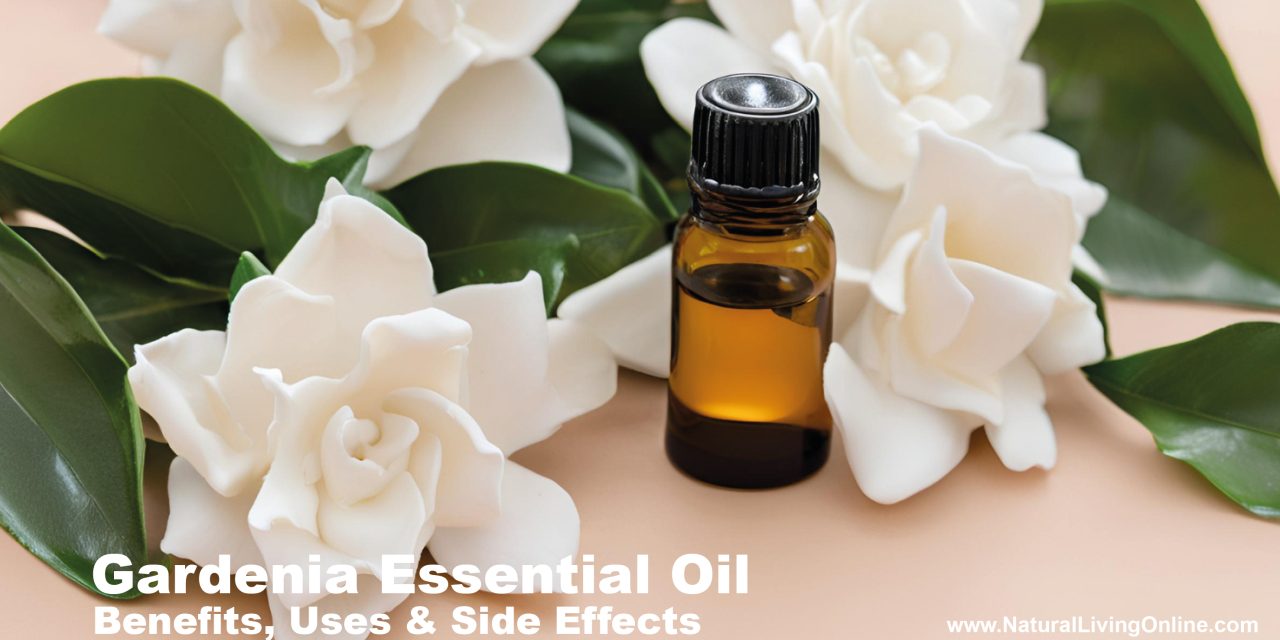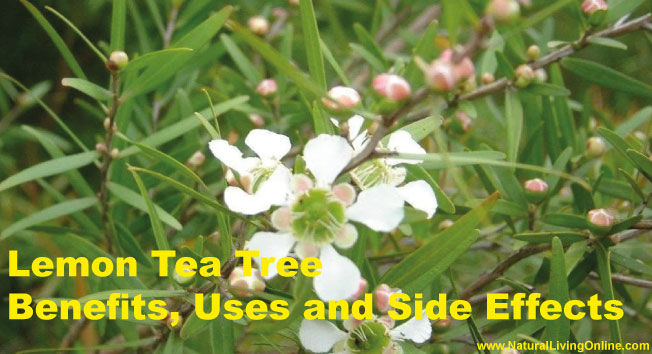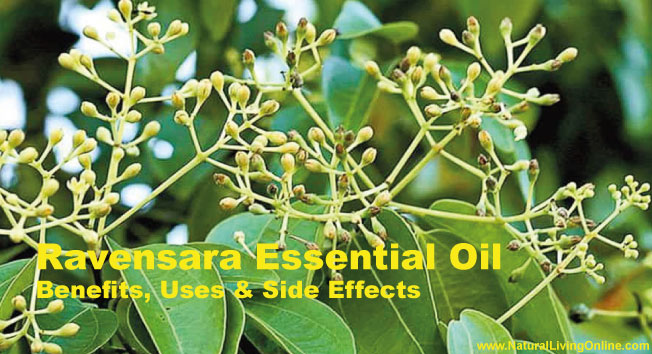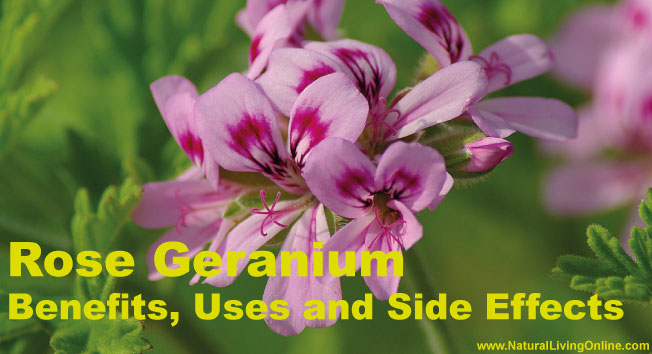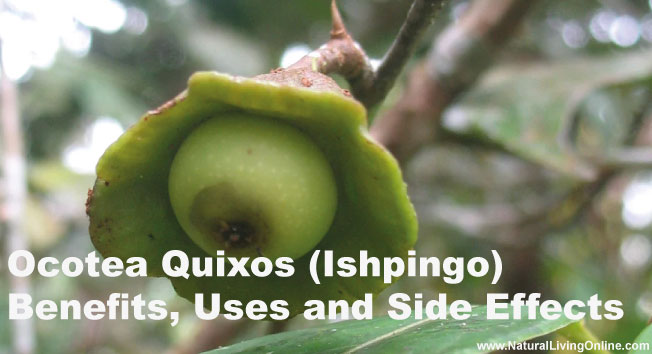Gardenia essential oil, derived from the fragrant blooms of the Gardenia jasminoides, stands as a valued component in the world of aromatherapy and natural wellness. Celebrated for its captivating aroma, the oil encapsulates a range of benefits that extend from emotional well-being to possibly aiding in physical health. It is rich with compounds such as geniposide and gardenoside which are believed to contribute to its therapeutic qualities.
The versatility of gardenia essential oil is seen in its myriad uses. From being diffused to uplift the ambiance of a space to being applied topically in diluted form for skincare, the oil is integrated into daily routines for its potential to enhance overall well-being. Even though the oil is often associated with positive effects, like any potent botanical extract, it comes with precautions to ensure its safe usage. Understanding the balance between its advantageous properties and the mindful acknowledgement of its limitations is crucial for users.
Key Takeaways
- Gardenia essential oil is lauded for its potential therapeutic benefits.
- A variety of uses make it a versatile addition to wellness practices.
- It is important to be mindful of the oil’s safety and side effects.
Origins and Historical Use
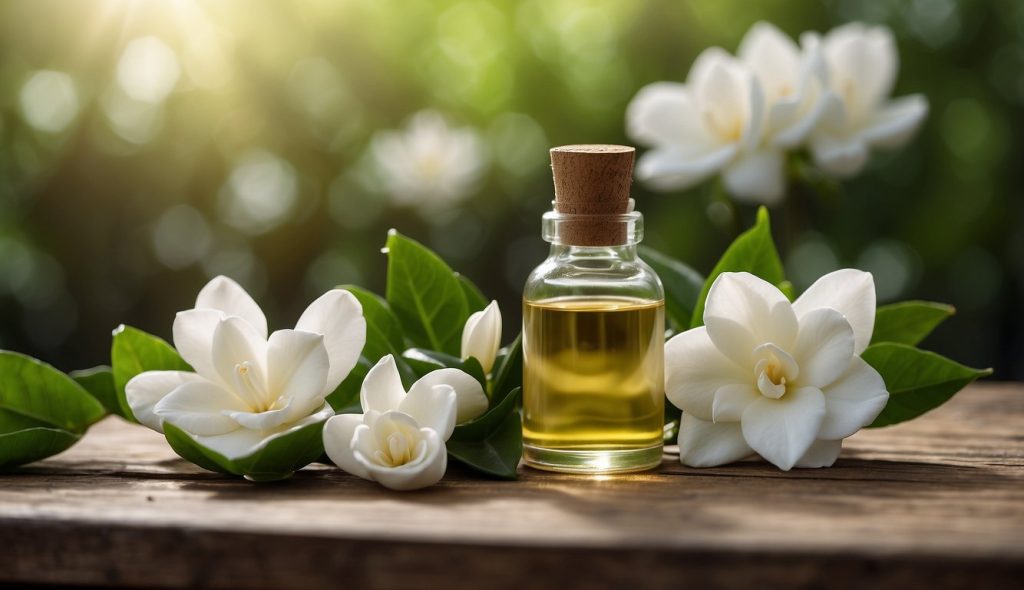
Gardenia essential oil, treasured for its captivating fragrance and therapeutic properties, is derived from the flowers of the Gardenia jasminoides plant, predominantly found in China. This oil plays a significant role in traditional medicine and is prized for its complex composition and organic compounds.
Historical Use in Traditional Medicine
In traditional medicine, especially within China, Gardenia jasminoides has a rich historical significance. It has been utilized for centuries, owing to its healing properties. The vital therapeutic compounds within this plant form the backbone of various remedies. One compound, geniposide, is especially notable and transforms into genipin, a substance valued for its anti-inflammatory effects.
Essential Oil Profile
Botanical Name: Gardenia jasminoides
Common Names: Gardenia, Cape Jasmine, Gandharaj
Plant Family: Rubiaceae
Countries of Origin: China, Japan, Taiwan, India
Extraction Method: Solvent extraction or enfleurage
Parts Used: Flowers
Essential Oil Smell: Sweet, floral, rich, and intoxicatingly fragrant
Essential Oil Color: Pale yellow to golden yellow
Viscosity: Medium to thick
Perfumery Note: Middle to Top
Strength of Aroma: Strong
Blends Well With
- Jasmine (Jasminum grandiflorum)
- Rose (Rosa damascena)
- Ylang-Ylang (Cananga odorata)
- Sandalwood (Santalum album)
- Bergamot (Citrus bergamia)
- Lavender (Lavandula angustifolia)
- Neroli (Citrus aurantium)
Therapeutic Properties
- Antidepressant
- Antiseptic
- Antispasmodic
- Aphrodisiac
- Anti-inflammatory
- Sedative
- Relaxant
- Uplifting
Uses
- Aromatherapy: to reduce stress and anxiety, uplift mood, and promote relaxation
- Perfumery: as a base for luxurious perfumes and scented products
- Skincare: to enhance complexion, soothe irritated skin, and reduce inflammation
- Haircare: to nourish and strengthen hair
- Massage: as a part of massage blends for relaxation and stress relief
Contraindications
- Not recommended for use during pregnancy.
- Avoid using on broken or sensitive skin.
- Perform a patch test before use to ensure no allergic reaction.
Side Effects
- Skin irritation or sensitization in some individuals.
- Potential allergic reactions in sensitive people.
- Should be used in moderation due to its strong aroma.
Types
- Pure Gardenia Essential Oil (often rare and expensive due to the intricate extraction process)
- Gardenia Absolute (more common due to solvent extraction method)
Chemical Constituents with Percentages
- Linalool (20-30%): Known for its soothing and sedative properties.
- Terpineol (10-15%): Provides antiseptic and antibacterial benefits.
- Methyl anthranilate (5-10%): Contributes to the sweet, fruity scent.
- Benzyl acetate (5-10%): Adds a floral, jasmine-like aroma.
- Eugenol (1-3%): Offers antiseptic and anti-inflammatory properties.
- Farnesene (1-3%): Provides calming and anti-inflammatory effects.
Gardenia essential oil is highly valued in aromatherapy and perfumery for its captivating fragrance and therapeutic benefits. However, its rarity and the complexity of its extraction process make it one of the more expensive essential oils on the market.
Therapeutic Properties and Uses
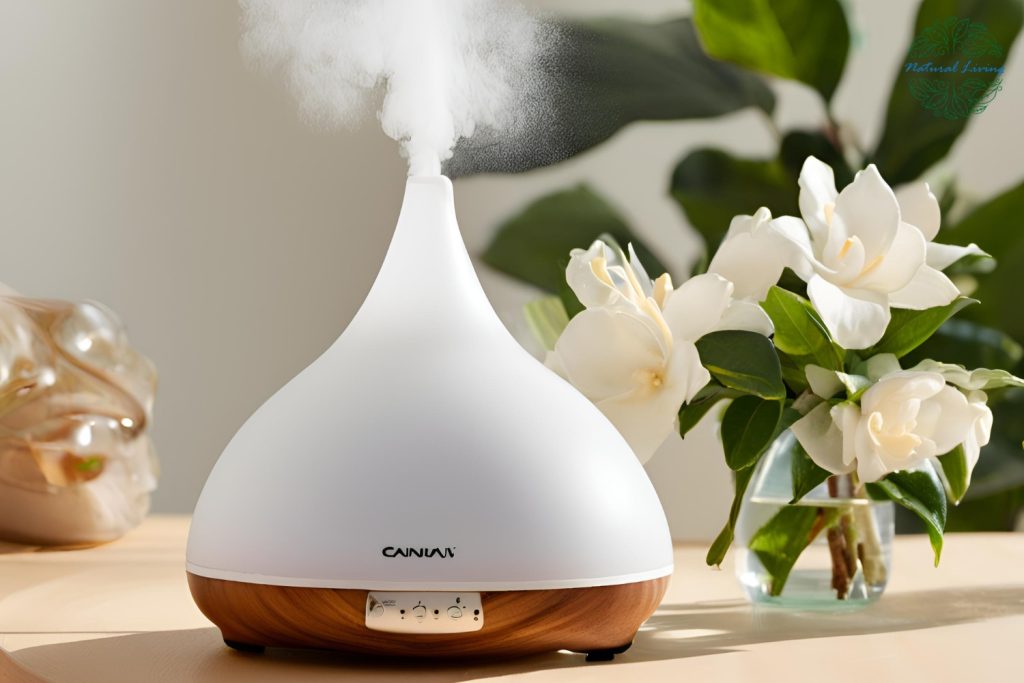
Gardenia essential oil is renowned for its wide-ranging therapeutic properties, offering benefits from stress relief to skin care. It’s a versatile oil that can be integrated into various aspects of daily life, providing both physical and mental advantages through different methods of use.
Aromatherapy and Mood Enhancement
Gardenia essential oil is used in aromatherapy to elevate mood and combat stress. Inhalation of its fragrance may alleviate conditions like headaches and insomnia. The calming scent, when used in a diffuser or as part of a massage oil, helps create a soothing environment. It can also be a key ingredient in candles and perfumes, providing a long-lasting, fragrant aroma that underpins its mood-enhancing properties.
Skin Care and Topical Applications
This essential oil possesses antioxidant and anti-inflammatory properties, making it beneficial for skin health. It can be used to soothe skin irritations and reduce swelling when applied topically in a diluted form with a carrier oil. Gardenia oil also supports skin integrity, potentially slowing the signs of ageing. For minor wound healing, its antibacterial nature is beneficial.
Household and Personal Uses
Beyond its therapeutic benefits, gardenia essential oil is used in household and personal care products. It’s often found in soaps and alcohol-free sanitizers, owing to its gentle, calming effects on the skin. Due to its potent and fragrant nature, it can be used to freshen up laundry and scent homemade cleaners, providing a natural alternative to chemical fragrances.
Benefits for Emotional Well-Being
Gardenia essential oil is renowned for its capacity to foster emotional balance and well-being. Specifically, it is beneficial in mitigating stress and easing anxiety, as well as promoting restful sleep for those suffering from insomnia.
Stress and Anxiety Alleviation
Gardenia essential oil posses compounds that are helpful in creating a calming atmosphere, which can significantly reduce feelings of stress and anxiety. Inhaling the aroma of gardenia has been reported to manifest sedative effects, facilitating relaxation and a sense of tranquility. Studies suggest that some constituents in gardenia, such as linalool, contribute to these soothing properties. For those who experience frequent stress or struggle with anxiety, incorporating gardenia essential oil into their routine, for instance, using it in a diffuser, might offer a natural means of support.
Sleep and Insomnia
For individuals confronting insomnia or sleep disturbances, gardenia essential oil has been identified as a natural aid that may enhance sleep quality. Its sedative effects can be attributed to its gentle and pleasant aroma, which is found to help in improving mood and enabling one to fall asleep more easily. Utilizing gardenia essential oil through topical application or aromatherapy is a method often recommended for those looking to alleviate fatigue and obtain a more restorative night’s rest. As with any natural remedy, it is crucial to heed proper usage and individual reactions to the oil.
Safety and Side Effects
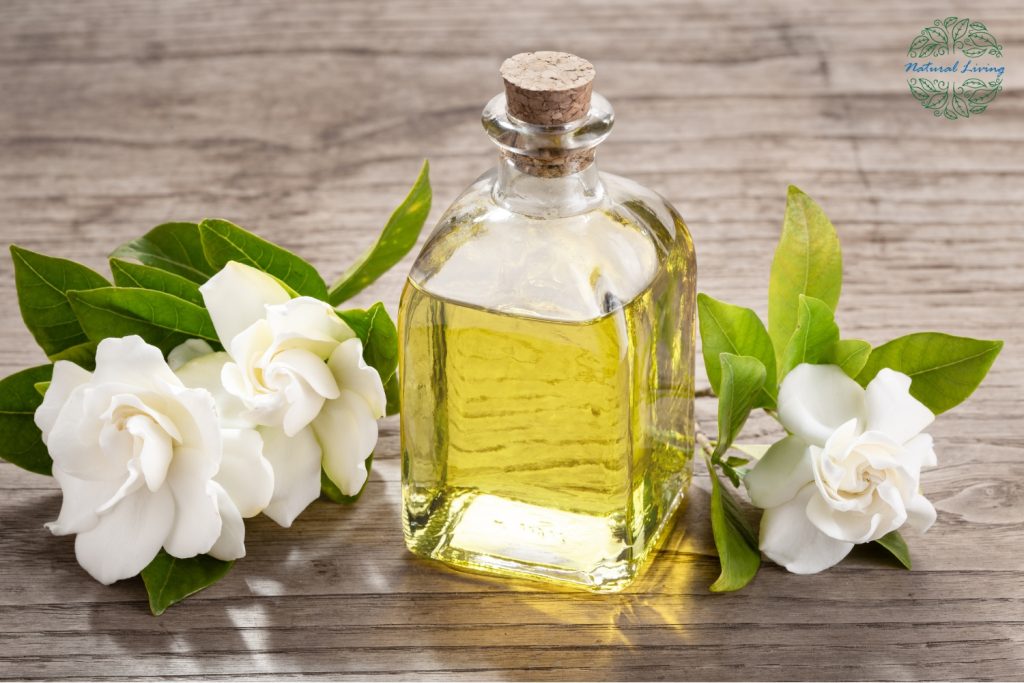
When using gardenia essential oil, safety should be the foremost concern. Side effects can occur, especially if you do not follow proper usage guidelines and doses. Individuals with sensitive skin, pregnant or breastfeeding women, and children may face higher risks of adverse reactions.
Proper Usage and Doses
For topical applications: Dilution with a carrier oil is imperative to minimize the risk of skin irritation. The typical recommended dilution ratio is 1-2% of the essential oil to the carrier oil.
For aromatic use: Diffusers or inhalation should be in moderation, as overexposure could potentially lead to headaches or nausea.
- Patch Test: Always conduct a patch test before full application to check for allergic reactions.
- Sensitive Skin: Those with sensitive skin should start with even lower concentrations.
Potential Reactions and Precautions
Side Effects:
- Some individuals may experience loss of appetite, diarrhea, or loose stools.
- Topical use can cause skin irritation or inflammation.
High-Risk Groups:
- Pregnant and breastfeeding women and children should avoid the use of gardenia essential oil unless advised by a healthcare provider.
- Persons with a history of allergic reactions should proceed with extreme caution.
Interactions with Medications:
- Gardenia essential oil may interact with certain medications. Consultation with a healthcare professional is advised before use to prevent complications.
Infections and Inflammation:
- While some may use it to address inflammation, inappropriate use might exacerbate or trigger infections.
Remember to store gardenia essential oil out of reach of children and in a location away from direct sunlight to preserve its integrity and potency.
Integrating Gardenia Essential Oil into Daily Life
Incorporating gardenia essential oil into daily routines can boost well-being through its aromatic and topical benefits. It can be used in various practices around the home, from baths to aromatherapy.
Complementary Practices
Aromatherapy: Engaging in aromatherapy by diffusing gardenia essential oil can promote relaxation and enhance the ambience of any living space. An essential oil diffuser disperses the oil’s fragrance, offering a subtle yet constant exposure to its soothing properties.
Bath Enhancements: Adding a few drops of gardenia essential oil to a bath can transform an ordinary routine into a luxurious spa-like experience. One can enjoy the benefits of this essence by mixing it with a carrier oil or bath salts before incorporating it into warm bathwater.
Innovative Uses
Perfumes and Candles: Creating homemade perfumes and scented candles with gardenia essential oil provides a personal touch to one’s fragrance collection or home decor. The oil’s rich, floral scent brings a unique aroma when added to DIY perfume blends or natural wax candles.
Potpourri and Facial Steam:
- Potpourri: Dry gardenia flowers can be mixed with a few drops of the essential oil to create a natural and fragrant potpourri that freshens up spaces without synthetic chemicals.
- Facial Steam: For a rejuvenating facial treatment, a facial steam incorporating gardenia essential oil can open pores and provide a calming effect. Add the oil to hot water, drape a towel over the head, and lean over the steaming bowl, allowing the aromatic vapor to cleanse the facial skin.
Frequently Asked Questions
What are the benefits of gardenia essential oil for the skin?
Gardenia essential oil is reputed to possess natural antibacterial and antioxidant properties. It can help fight infections, protect wounds, and may improve the overall complexion by soothing the skin.
Are there any side effects associated with the use of gardenia essential oil?
While often well-tolerated, some individuals may experience skin irritation when using gardenia essential oil, especially if applied directly to the skin without a carrier oil. It is crucial to perform a patch test prior to widespread use.
How can gardenia essential oil promote hair health?
They can apply gardenia essential oil to the hair to potentially strengthen hair roots and imbue a pleasant fragrance. Its antioxidants might also contribute to a healthier scalp when diluted and used appropriately.
What are the potential weight loss benefits of gardenia extract?
Although research is limited, there is some evidence to suggest that gardenia extract might have properties that can aid in weight management, including reducing inflammation and possibly affecting fat cells.
How is gardenia essential oil used for spiritual practices?
They utilize gardenia essential oil in spiritual practices for its calming aroma, which is believed to aid in meditation and promote a sense of peace and well-being.
What precautions should be taken when using gardenia extract?
Make sure to dilute gardenia essential oil with a carrier oil before applying to the skin or hair to prevent irritation. Pregnant or breastfeeding women should consult a health professional before use. Additionally, keep the oil away from sensitive areas such as eyes and mucous membranes.
References:
This website does not provide medical advice.
All information provided on this website, and on associated social media networks, including but not limited to texts, images, and numbers are for general information purpose only. It is not intended as medical advice and it does not include all possible precautions, side effects, or interactions that may occur. Neither NaturalLivingOnline.com nor its author/founder take responsibility for how you use this information. Statements contained on NaturalLivingOnline.com have not been evaluated by the FDA. You should conduct thorough research via multiple sources and consult your physician or qualified doctor before using any essential oil or herbal remedy. Information on NaturalLivingOnline.com must not be relied upon for medical, legal, financial or other decisions.

